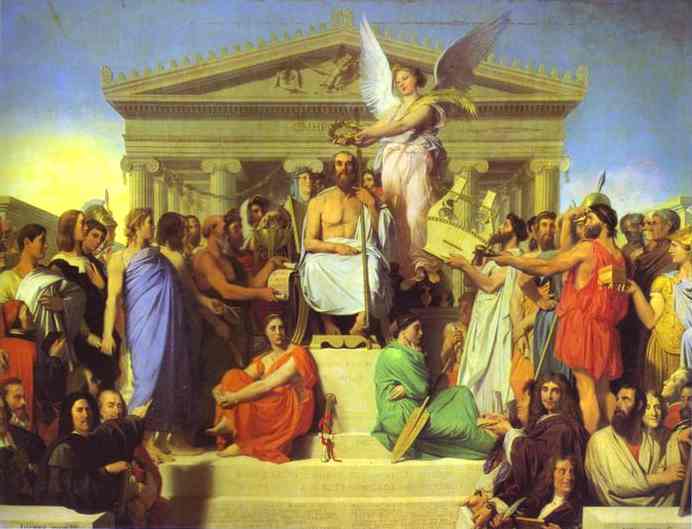Epic Life: The Big Break of BioShock, part 2: the Scholarship Game
I promised in my last post to discuss here three aspects of the humanism of the moment of potential ethical reflection embodied in what I have called the “Death-Disarm Sequence” of BioShock: 1) how the scholarly ruleset is merely a codification of the reflection enacted in these moments, when theirContinue Reading

